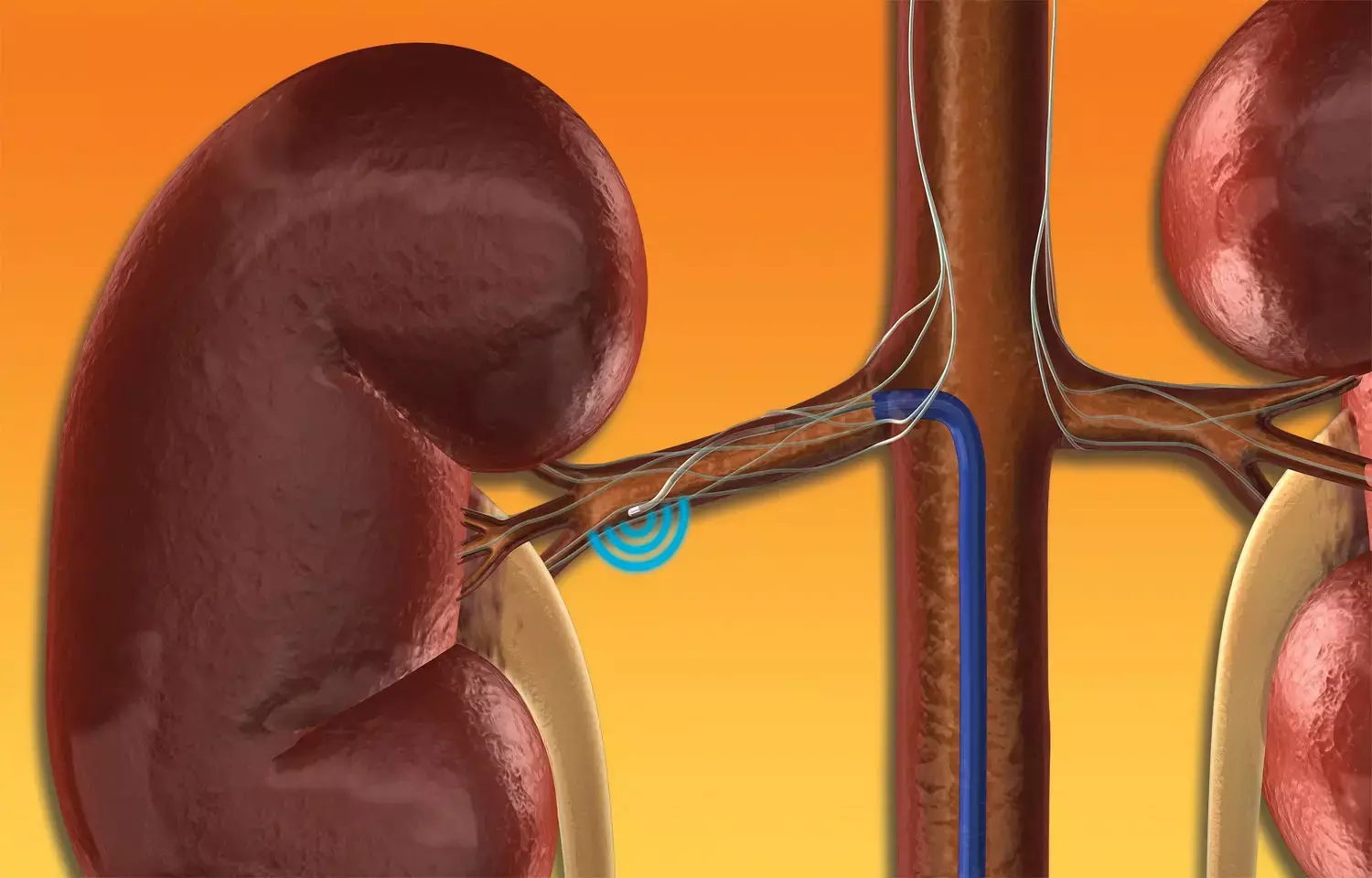- Home
- Medical news & Guidelines
- Anesthesiology
- Cardiology and CTVS
- Critical Care
- Dentistry
- Dermatology
- Diabetes and Endocrinology
- ENT
- Gastroenterology
- Medicine
- Nephrology
- Neurology
- Obstretics-Gynaecology
- Oncology
- Ophthalmology
- Orthopaedics
- Pediatrics-Neonatology
- Psychiatry
- Pulmonology
- Radiology
- Surgery
- Urology
- Laboratory Medicine
- Diet
- Nursing
- Paramedical
- Physiotherapy
- Health news
- Fact Check
- Bone Health Fact Check
- Brain Health Fact Check
- Cancer Related Fact Check
- Child Care Fact Check
- Dental and oral health fact check
- Diabetes and metabolic health fact check
- Diet and Nutrition Fact Check
- Eye and ENT Care Fact Check
- Fitness fact check
- Gut health fact check
- Heart health fact check
- Kidney health fact check
- Medical education fact check
- Men's health fact check
- Respiratory fact check
- Skin and hair care fact check
- Vaccine and Immunization fact check
- Women's health fact check
- AYUSH
- State News
- Andaman and Nicobar Islands
- Andhra Pradesh
- Arunachal Pradesh
- Assam
- Bihar
- Chandigarh
- Chattisgarh
- Dadra and Nagar Haveli
- Daman and Diu
- Delhi
- Goa
- Gujarat
- Haryana
- Himachal Pradesh
- Jammu & Kashmir
- Jharkhand
- Karnataka
- Kerala
- Ladakh
- Lakshadweep
- Madhya Pradesh
- Maharashtra
- Manipur
- Meghalaya
- Mizoram
- Nagaland
- Odisha
- Puducherry
- Punjab
- Rajasthan
- Sikkim
- Tamil Nadu
- Telangana
- Tripura
- Uttar Pradesh
- Uttrakhand
- West Bengal
- Medical Education
- Industry
Ultrasound renal denervation reduces BP in treatment-resistant hypertension: RADIANCE-HTN TRIO

USA: Ultrasound renal denervation compared with a sham procedure reduced blood pressure at 2 months in patients with hypertension resistant to a standardized triple combination pill, according to six-month outcomes from the RADIANCE-HTN TRIO Trial.
Based on the findings, the researchers suggested that renal denervation might be an alternative to the addition of further antihypertensive medications in patients with resistant hypertension provided blood pressure-lowering effect and safety of renal denervation are maintained in the long term.
The study findings were presented at the TCT 2021, the 33rd annual scientific symposium of the Cardiovascular Research Foundation (CRF), and subsequently published in The Lancet.
Endovascular renal denervation is known to reduce blood pressure in mild-to-moderate hypertension. However, its efficacy with true resistant hypertension has not been shown. Prof Michel Azizi, Université de Paris, Paris, France, and colleagues, therefore, aimed to assess the efficacy and safety of endovascular ultrasound renal denervation in patients with hypertension resistant to three or more antihypertensive medications (treatment-resistant hypertension).
For this purpose, the researchers designed a randomized, international, multicentre, single-blind, sham-controlled trial performed at 28 tertiary centres in the USA and 25 in Europe. Patients aged 18–75 years with office blood pressure of at least 140/90 mm Hg despite three or more antihypertensive medications including a diuretic were included. Eligible patients were switched to a once-daily, fixed-dose, single-pill combination of a calcium channel blocker, an angiotensin receptor blocker, and a thiazide diuretic. Following 4 weeks of standardized therapy, patients with daytime ambulatory blood pressure of at least 135/85 mm Hg were randomly assigned (1:1) by computer (stratified by centres) to ultrasound renal denervation or a sham procedure.
Addition of antihypertensive medications was allowed if specified blood pressure thresholds were exceeded. The primary endpoint was the change in daytime ambulatory systolic blood pressure at 2 months in the intention-to-treat population. Safety was also assessed in the intention-to-treat population.
989 participants were enrolled between March 11, 2016, and March 13, 2020, and 136 were randomly assigned to renal denervation (n=69) or a sham procedure (n=67).
The study revealed the following findings:
- Full adherence to the combination medications at 2 months among patients with urine samples was similar in both groups (42 [82%] of 51 in the renal denervation group vs 47 [82%] of 57 in the sham procedure group; p=0·99).
- Renal denervation reduced daytime ambulatory systolic blood pressure more than the sham procedure (−8·0 mm Hg vs –3·0 mm Hg); the median between-group difference was –5·8 mm Hg among patients with complete ambulatory blood pressure data.
- There were no differences in safety outcomes between the two groups.
The researchers concluded that compared with a sham procedure, ultrasound renal denervation reduced blood pressure at 2 months in patients with hypertension resistant to a standardized triple combination pill.
Reference:
The study titled, "Ultrasound renal denervation for hypertension resistant to a triple medication pill (RADIANCE-HTN TRIO): a randomised, multicentre, single-blind, sham-controlled trial," is published in The Lancet.
DOI: https://www.thelancet.com/journals/lancet/article/PIIS0140-6736(21)00788-1/fulltext
Dr Kamal Kant Kohli-MBBS, DTCD- a chest specialist with more than 30 years of practice and a flair for writing clinical articles, Dr Kamal Kant Kohli joined Medical Dialogues as a Chief Editor of Medical News. Besides writing articles, as an editor, he proofreads and verifies all the medical content published on Medical Dialogues including those coming from journals, studies,medical conferences,guidelines etc. Email: drkohli@medicaldialogues.in. Contact no. 011-43720751


